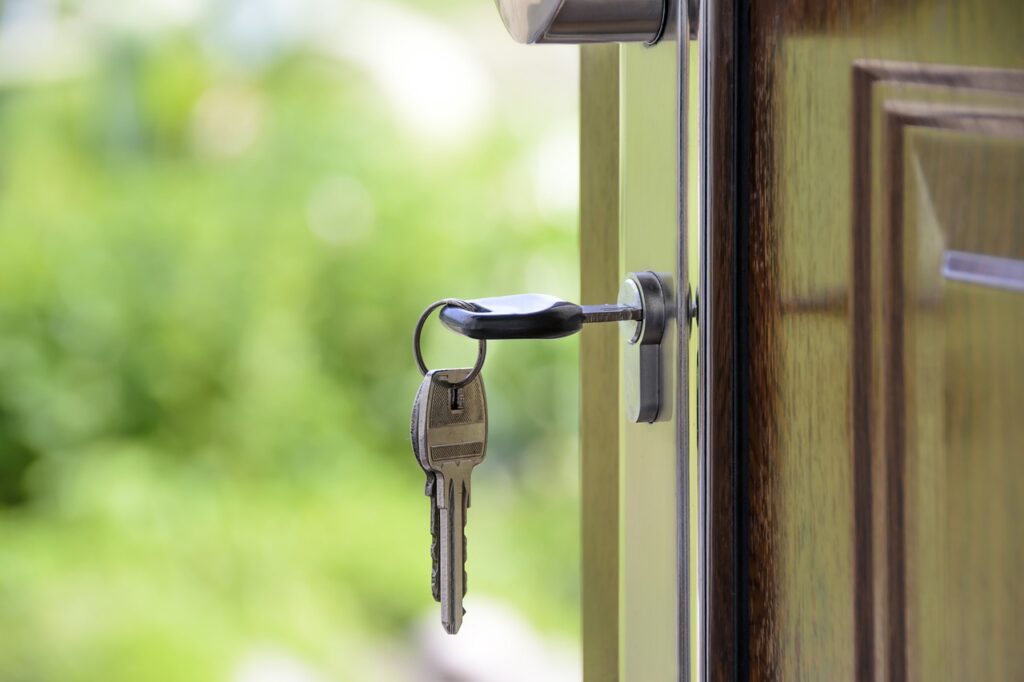Investing in property for the first time can seem daunting. While property investment can be an effective form of secondary income, there are things that can potentially go wrong such as taking on bad tenants or having to spend huge amounts of money on frequent repairs. Fortunately, there are a few precautionary measures you can take to minimize this risk.
This could take away a lot of the stress. Below are five examples of ways to make property investment easier.
Buy a property in the right location

A property in a bad location is less likely to appeal to tenants and there could be a higher risk of it staying vacant for most of the year. In other cases, there could be locations that are prone to disasters like flooding, which could result in expensive repairs if a disaster occurs.
It’s best to stick to properties in relatively urban areas where the majority of tenants are going to want to live. Try to avoid areas with pitfalls like flooding, a high burglary rate or high noise levels so that you can reduce maintenance costs and keep tenants happy.
Get a full property inspection
A big fear that many first-time property investors have is accidentally buying a money pit. Some properties can seem in perfect condition on the surface, but they are cursed with frequent problems that result in expensive repair bills.
To guarantee a property that is in good condition, it’s worth investing in a full property inspection first. This will alert you of any hidden major problems like foundation issues, old wiring, poor plumbing or damaged roofing – this could ultimately prevent you from buying an expensive property.
Consider hiring a property manager

As a landlord, you need to be constantly available to sort out tenant issues. This includes being able to organise repairs quickly or settle complaints. You also need to be able to chase up missed rent.
These landlord duties can be stressful, but you can free yourself of the entire responsibility by simply hiring a property manager. There are many commercial real estate companies that can take over the role of interacting with tenants such as chasing up late rent, organizing repairs and even finding new tenants. You still need to pay for maintenance and get a final say in which tenants stay at your property, but otherwise, you can enjoy your investment as a passive income.
Vet your tenants carefully
It’s important to hire tenants who you can trust. Fail to vet tenants, and you could risk taking on the tenants from hell.
In order to select the right tenants, consider carrying out thorough background checks. This could include a credit check and references from employers or previous landlords. Creating a legally tight contract is also important. Property management companies can help you with this process.
Set aside some savings for emergencies
If a tenant does stop paying rent or you do have to pay an expensive repair bill, you will need some funds to cover this. Some first-time property investors make the mistake of spending all their savings upfront on a property and then having nothing to pay for emergencies.
Having a few thousand in savings could prevent you from having to take out expensive loans or miss mortgage payments. Make sure to not dip into this for any purpose beyond managing your property.
